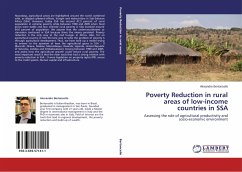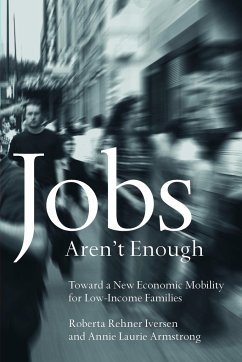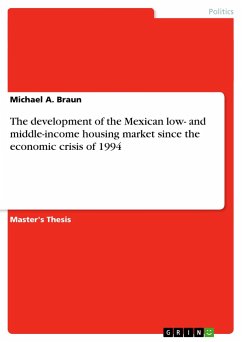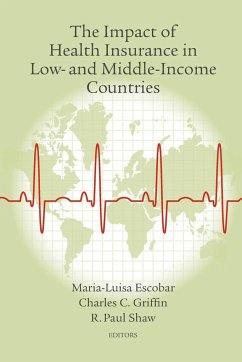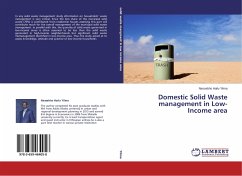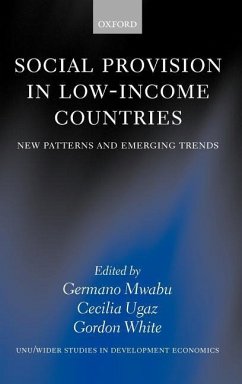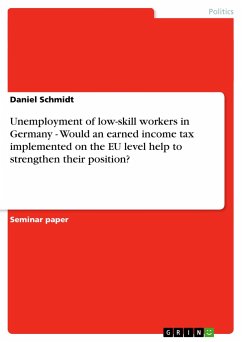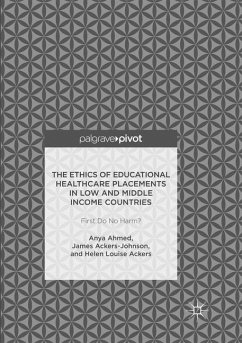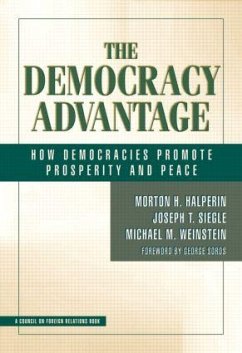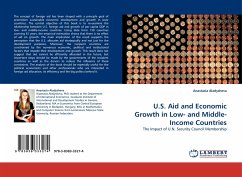
U.S. Aid and Economic Growth in Low- and Middle-Income Countries
The Impact of U.N. Security Council Membership
Versandkostenfrei!
Versandfertig in 6-10 Tagen
32,99 €
inkl. MwSt.

PAYBACK Punkte
16 °P sammeln!
The concept of foreign aid has been shaped with a principle goal of promotion sustainable economic development and growth in poor countries. The central objective of this book is to re-examine the relationship between U.S. foreign aid and growth of per capita GDP in low- and middle-income countries. Using data from 139 countries covering 61 years, the empirical estimation shows that there is no effect of aid on growth. The main implication of the result supports the perception that the U.S. allocates aid strategically and not just for the development purposes. Moreover, the recipient countries...
The concept of foreign aid has been shaped with a principle goal of promotion sustainable economic development and growth in poor countries. The central objective of this book is to re-examine the relationship between U.S. foreign aid and growth of per capita GDP in low- and middle-income countries. Using data from 139 countries covering 61 years, the empirical estimation shows that there is no effect of aid on growth. The main implication of the result supports the perception that the U.S. allocates aid strategically and not just for the development purposes. Moreover, the recipient countries are constrained by the numerous economic, political and institutional factors that impede their development and growth. This result does not suggest that aid cannot be efficiently allocated in the future, but important steps should be made by the governments of the recipient countries as well as the donors to reduce the influence of these constraints. The analysis of the book should be especially useful for the political economists and other professionals who are interested in foreign aid allocation, its efficiency and the big politics behind it.



